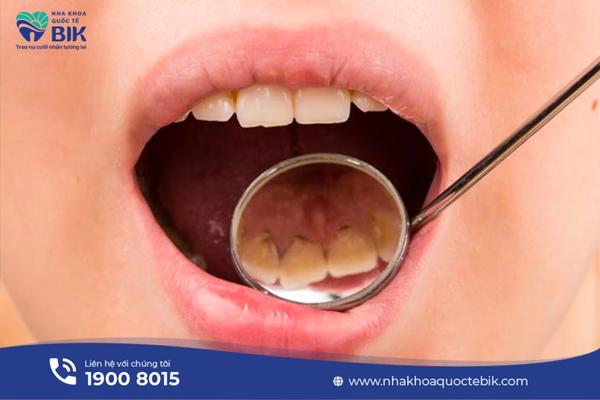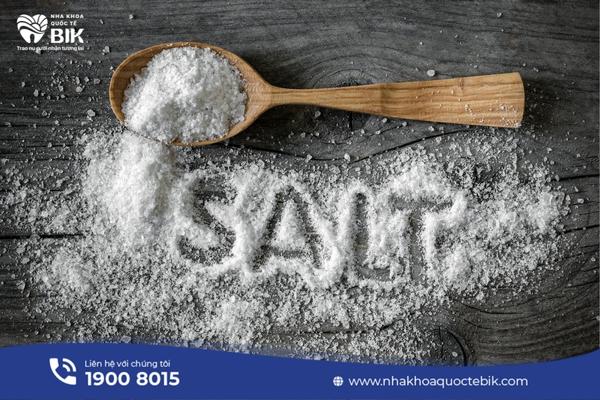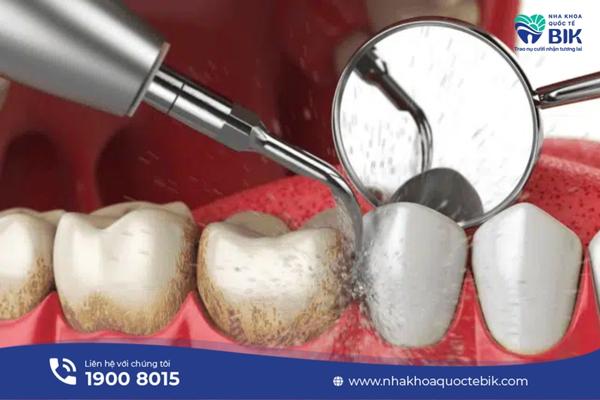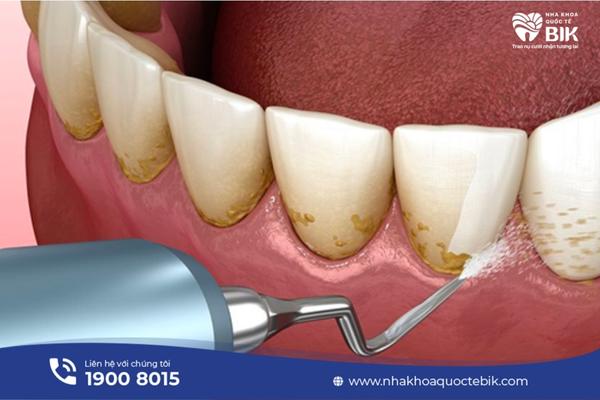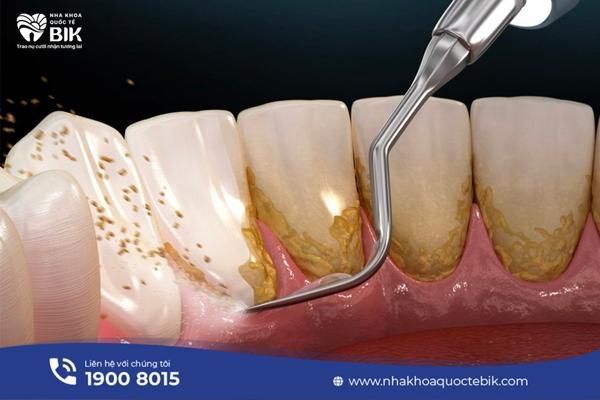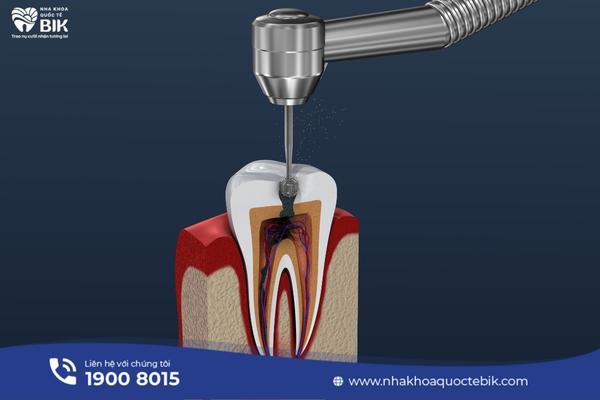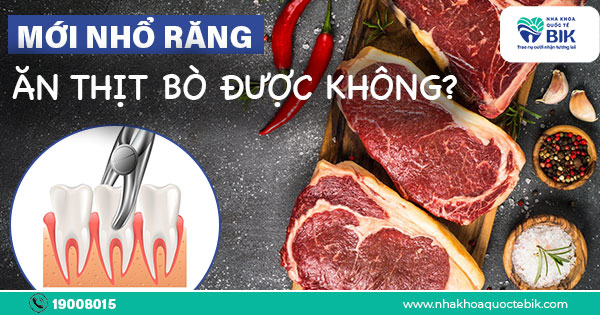
Usually when a tooth is just extracted, doctors will advise patients not to eat tough, hard foods to avoid damaging the sensitive gums. So, can you eat beef after tooth extraction? You need to pay attention to some things in the preparation method. You can eat beef to supplement the necessary nutrients for the wound healing process.
1. Can you eat beef after tooth extraction?
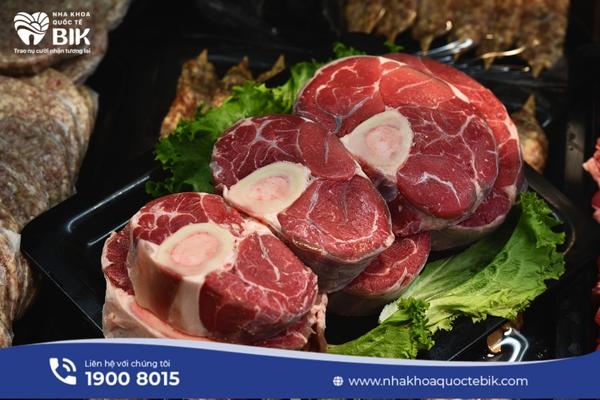
The gums will be damaged to a certain extent after tooth extraction, so doctors often advise patients to avoid tough foods that require strong chewing force. Although it is recommended to only eat some soft, easy-to-swallow foods, it does not mean that patients cannot eat beef after tooth extraction.
In fact, beef is an extremely good food source for people who have just had a tooth extracted, especially wisdom teeth extracted, thanks to its protein, vitamin and mineral content necessary for the body. Trace elements such as zinc, iron, and magnesium in beef help replenish blood, supporting the treatment of anemia due to recent surgery and recovery. In addition, other nutrients in this meat do not harm or affect the sensitive gums.
However, beef is only really good right after tooth extraction if the processing helps to overcome the toughness of the meat so as not to have a negative impact on the gums when chewing. In case there is no time and conditions for processing, the patient can start eating beef about 2-3 days after tooth extraction when the gums have recovered more stably.
2. Notes when eating beef after tooth extraction
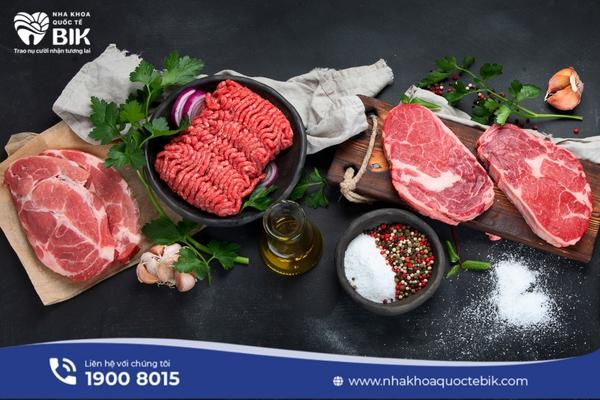
– You should grind or slice the beef very thinly to minimize chewing force to avoid causing negative effects on the wound, preventing the recovery process.
– Be careful not to add too many hot spices such as pepper, chili during the process processing.
– Do not eat beef when it is too hot, as it will affect the sensitive gums.
– After eating, clean your teeth thoroughly with a soft-bristled toothbrush. You can use dental floss to completely remove food particles left between your teeth, avoiding creating conditions for bacteria to grow and attack the newly extracted tooth.
3. What should you eat after tooth extraction?
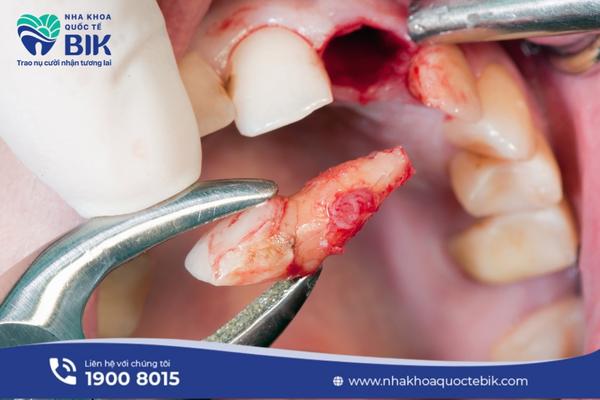
3.1. Porridge and soup dishes
With their soft, liquid, and easy-to-chew properties, porridge and soup dishes are considered the top choice for people who have just had a tooth extraction. Note that you should use warm soup to avoid irritation to the area where the tooth was just extracted and you should puree vegetables to limit chewing force. Some types of soup include chicken soup, minced beef porridge, shrimp soup, etc.
3.2. Potatoes
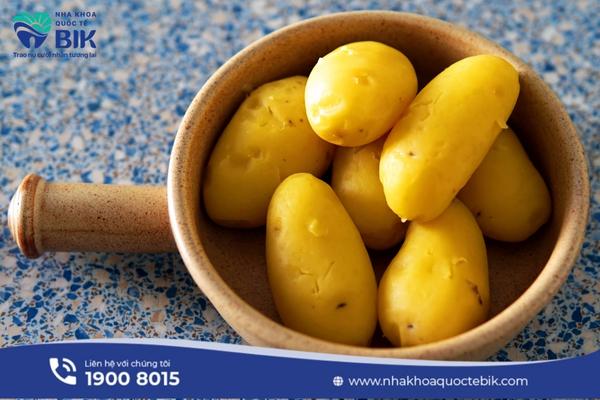
After surgery, the body will need to replenish energy, so you can choose potatoes to replace white rice. However, you should mash the potatoes to avoid making it difficult to chew while still getting enough starch.
3.3. Eggs
Eggs are a fairly common food in everyone’s daily life, and are very suitable for people who have just had a tooth extracted. With their soft, easy-to-chew properties, eggs are a rich source of protein and omega-3 fats that help wounds heal quickly after tooth extraction. Eggs can be used to prepare a number of dishes such as egg rolls, steamed eggs, fried eggs, etc.
3.4. Salmon
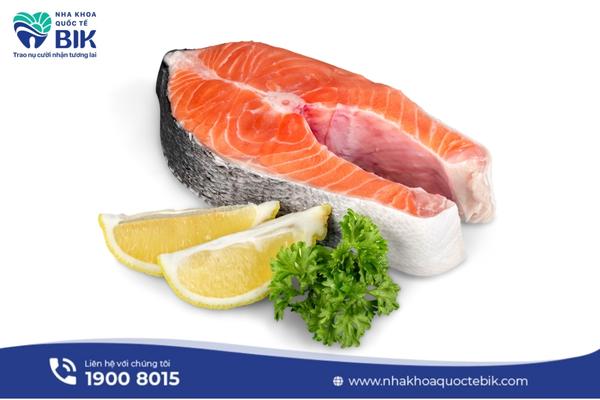
Like eggs, salmon is an extremely good source of natural omega-3 for the body. Not only is it a soft food that is not difficult to chew, but it is also a food with a delicious flavor, suitable for many people’s preferences. The only downside is that the price of this fish in Vietnam is relatively high.
3.5. Beef stew
When beef is stewed until soft, it will be a source of essential nutrients for a healthy body. This dish is prepared by cutting the beef into bite-sized pieces and marinating it with spices such as oyster sauce, chili sauce, tomato sauce, etc. Then stew it with coconut water over low heat until soft. In addition, you can add vegetables such as potatoes and carrots to make the dish more attractive.
3.6. Shrimp
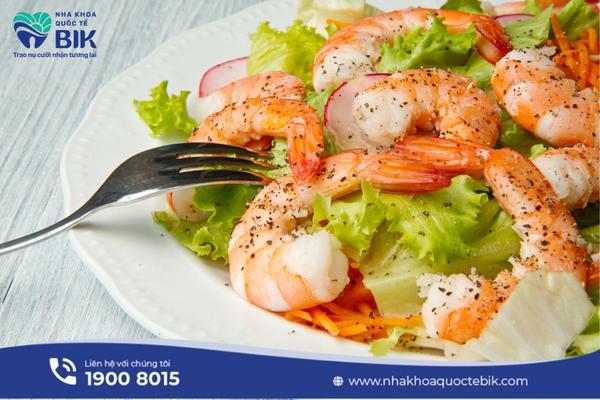
You can add shrimp to your daily menu after tooth extraction to diversify the dishes and avoid feeling bored with eating. For shrimp dishes, you should not choose small shrimp but only use frozen shrimp or peeled tiger shrimp.
3.7. Yogurt, fresh milk
Yogurt is a smooth cream and contains a lot of protein, casein,… so it is very suitable for patients who have just had their wisdom teeth removed. Not only does it help the wound in the gums heal quickly, yogurt also helps reduce diarrhea and dizziness caused by antibiotics during the wisdom tooth extraction process.
3.8. Smoothies
Smoothies made from pure fruit can provide a large amount of vitamins and nutrients needed by the body, thereby significantly reducing the pain after tooth extraction.
4. What foods should you avoid after tooth extraction?
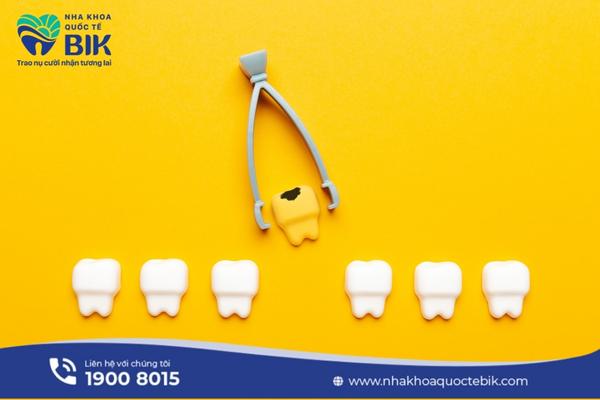
4.1. Hard, chewy foods
You should limit some types of tough, chewy foods that force the jaw muscles to work hard, causing more pain in the gums after tooth extraction. Besides, you should also avoid fried foods or cookies because it is very possible that food crumbs will get into the socket of the extracted tooth, causing the wound to become infected.
4.2. Food that is too spicy or hot
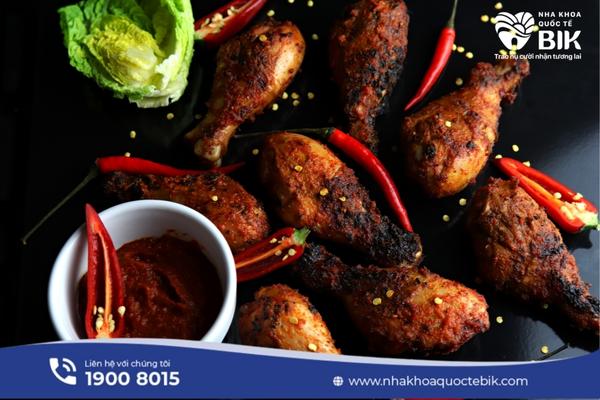
Food that is too hot, too spicy or too hot will cause blood vessels to dilate. This will cause the blood clot to dissolve, causing continuous bleeding at the site of the newly extracted tooth. At this time, the feeling of pain will appear, making the patient feel uncomfortable or feverish.
4.3. Sour and sweet foods
Sweet foods such as candy or carbonated drinks containing a lot of sugar, if in contact with the wound, will cause inflammation and swelling, affecting the recovery time. In addition, some foods containing a lot of acid such as lemon, grapefruit, … should also be limited.
4.4. Beer and wine
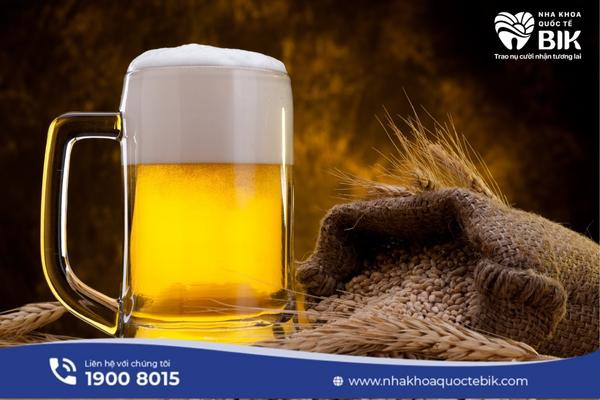
Stimulants such as beer, wine or cigarettes will greatly affect the wound healing process, increase the risk of infection and cause many other dangerous injuries. Therefore, patients should absolutely stay away from these foods for at least 5 to 7 days after wisdom tooth extraction.
So with the information provided above, BIK International Dentistry hopes you have found the answer to the question: “Can you eat beef after tooth extraction?”. Beef is a dish that provides abundant nutrients for the body after tooth extraction, but there are still some things to note to ensure the wound heals quickly.


